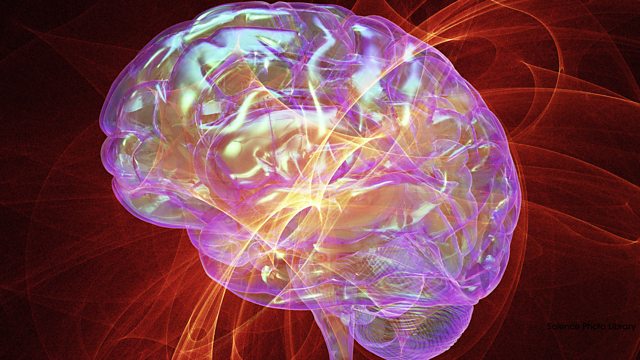Main content

Building a brain
Adam Walton meets computer pioneer Steve Furber who is planning to build a computer brain.
Adam Walton meets computer pioneer Steve Furber who is planning to build a computer brain. He is coming to Aberystwyth University this week to lecture on how machines can learn from the human brain. His career in computing began when he became a principal designer for the ÃÛÑ¿´«Ã½ Micro and the ARM microprocessor.
Last on
Sun 29 Oct 2017
06:31
ÃÛÑ¿´«Ã½ Radio Wales
More episodes
Previous
Next
Micro inspiration
Adam Walton chats to Steve Furber, ICL Professor of Computer Engineering at Manchester University, who was a principal designer for the iconic ÃÛÑ¿´«Ã½ Micro computer, and the ARM processor which is inside many of today's smartphones and tablets.
Professor Furber is coming to Aberystwyth University this week to deliver a lecture called "Building Brains" which outlines his contribution to the Human Brain Project. Currently being built, the "SpiNNaker machine" has half a million processors and has been designed to mimic the neural pathways of the brain. Eventually the plan is to incorporate a million processors.
Adam hears how Steve and his colleagues at Acorn Computers in 1981 developed the ÃÛÑ¿´«Ã½ Micro, which went on to become a key tool in computer education for a generation of schoolchildren. It's robust design and easy expandability meant it was an enduring and reliable workhorse and effective teaching aid. Â
There's also discussion about the Turing Test, developed in 1950 by computer pioneer Alan Turing, which is still used as a measure of artificial intelligence today - a test which no computer has yet convincingly passed.
Professor Furber is coming to Aberystwyth University this week to deliver a lecture called "Building Brains" which outlines his contribution to the Human Brain Project. Currently being built, the "SpiNNaker machine" has half a million processors and has been designed to mimic the neural pathways of the brain. Eventually the plan is to incorporate a million processors.
Adam hears how Steve and his colleagues at Acorn Computers in 1981 developed the ÃÛÑ¿´«Ã½ Micro, which went on to become a key tool in computer education for a generation of schoolchildren. It's robust design and easy expandability meant it was an enduring and reliable workhorse and effective teaching aid. Â
There's also discussion about the Turing Test, developed in 1950 by computer pioneer Alan Turing, which is still used as a measure of artificial intelligence today - a test which no computer has yet convincingly passed.
Broadcasts
- Tue 24 Oct 2017 18:30ÃÛÑ¿´«Ã½ Radio Wales
- Sun 29 Oct 2017 06:31ÃÛÑ¿´«Ã½ Radio Wales

